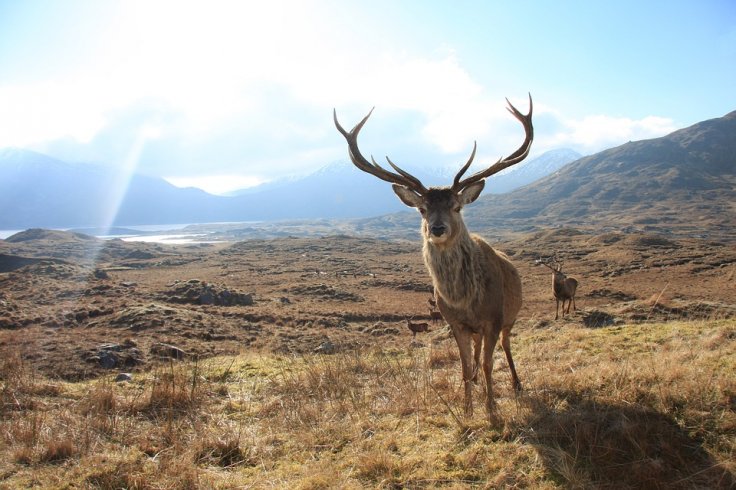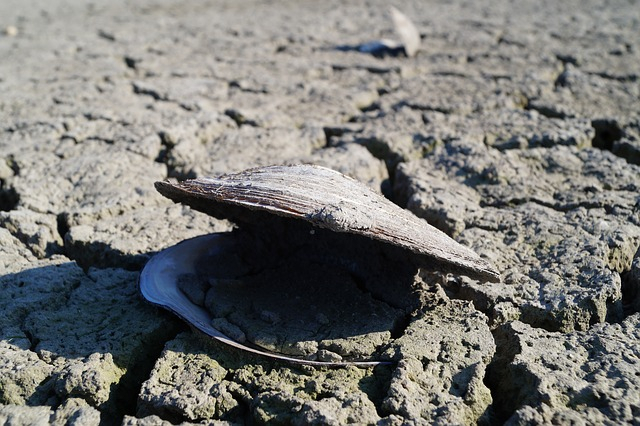
Red deer on the Isle of Rum off the west coast of Scotland have been evolving to give birth earlier in the year due to warming climate, scientists have said. The adaption by the species on the Scottish island is among the first evidence to show wild animals evolve genetically to tackle the threat of climate change. Various studies have shown the deers have been advancing their breeding times since the 1980s at a rate of about three days per decade largely due to the effects of warmer temperatures on the animal's behavior and physiology.
Scientists in the new research have revealed that genetic changes caused by natural selection – the theory of evolution by Charles Darwin -- are also included among the effects of global warming in the evolution of the species. The researchers from the University of Edinburgh used field records and genetic data collected on Rum over a 45-year period since 1972 to conclude that female red deer called hinds give birth to a single calf each year, and those that reproduce earlier in the year have more offspring over their lifetime.
The findings revealed the phenomenon was partly because of an association between the genes that made hinds give birth earlier and higher overall reproductive success. The genes for breeding earlier have become more common in the Rum deer population over time, the findings published in the journal PLOS Biology showed, stressing the average parturition date in the wild population of red deer had advanced by nearly two weeks in four decades.

Lead author Dr. Timothée Bonnet from the Australian National University said this was one of the few cases where scientists documented evolution in action, which "may help populations adapt to climate warming". Professor Josephine Pemberton from the University of Edinburgh's School of Biological Sciences said long-term studies of individual lifetimes were one of the few ways to understand how populations responded to environmental changes. Sally Thomas from Scottish Natural Heritage's Director of People and Nature said the findings were a fascinating example of the impact of climate change on wildlife.









